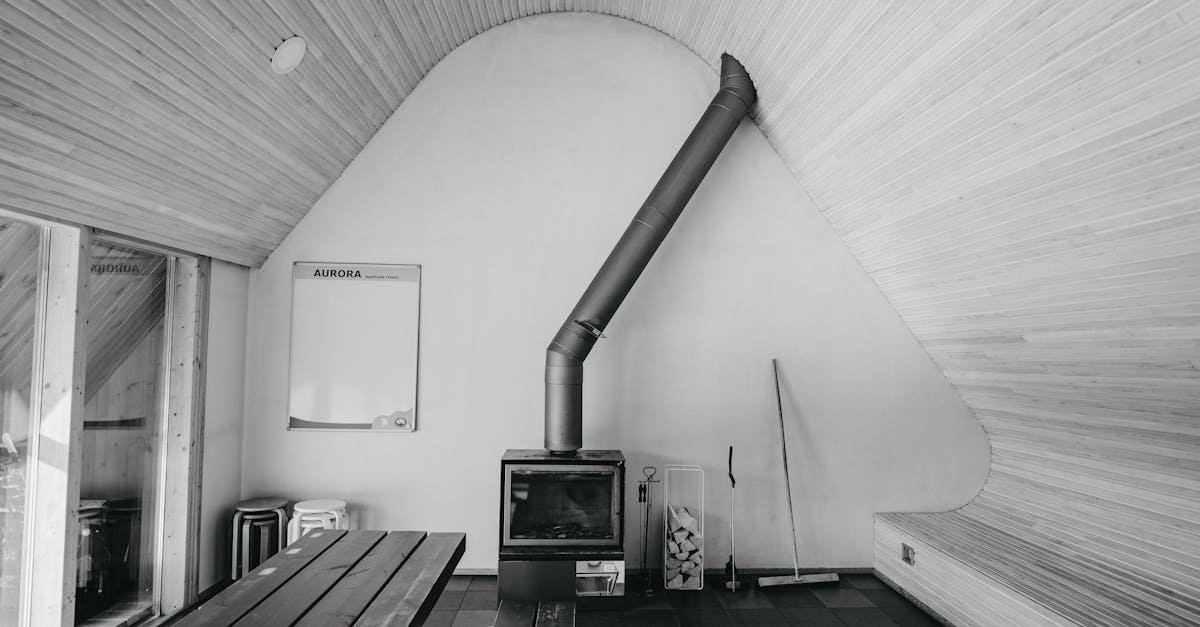Baseboard heaters offer efficient heating with minimal noise, making them a popular choice for many homeowners. They excel in providing consistent warmth and can be easily installed in various spaces. But, they do have downsides, such as higher energy costs and limited temperature control.
When considering baseboard heaters, weigh their benefits against potential drawbacks. You’ll want to think about your heating needs, budget, and the layout of your home. Understanding these pros and cons will help you decide if baseboard heaters are the right fit for you.
Overview of Baseboard Heaters
Baseboard heaters are a popular choice for home heating. They come in two main types: electric and hydronic. Each type has its own benefits and drawbacks.
Pros of Baseboard Heaters
Electric Baseboard Heaters:
- Easy Installation and Maintenance: You can install electric baseboard heaters without complex ductwork. This simplicity saves time and money on installation.
- Quiet Operation: These heaters operate quietly, unlike forced-air systems. This feature makes them ideal for homes in busy areas or shared spaces.
- Zoned Heating: Electric baseboard heaters let you control temperatures in each room. This zoned heating leads to greater energy savings and improved comfort.
- Consistent Heating: You get steady and even heat without drafts or sudden temperature changes. Consistent heating enhances comfort in every room.
- Higher Energy Costs: One downside of electric baseboard heaters is their energy consumption. They can lead to increased utility bills, especially in larger homes.
- Limited Temperature Control: While you can control individual room temperatures, the overall system lacks advanced features, like smart thermostats.
Consider these pros and cons carefully. They play a significant role in your decision-making. Baseboard heaters fit well in various spaces, ensuring comfort and warmth during colder months.
Advantages of Baseboard Heaters
Baseboard heaters provide several advantages that can enhance comfort in your home. Here’s a closer look.
Efficient Heating
Baseboard heaters enable zoned heating, meaning you control the temperature in individual rooms. This feature can reduce energy consumption. You heat only the areas you’re using, potentially saving on utility bills. But, they fall short compared to modern systems like heat pumps. Overall, their efficiency might be lower, especially in larger spaces or colder climates.
Space-Saving Design
Baseboard heaters install snugly along the walls. This design keeps valuable floor space open for furniture and activities. You benefit from an uncluttered room layout. They blend seamlessly into your home without needing additional installations, providing warmth without sacrificing aesthetics.
Quiet Operation
Baseboard heaters operate quietly, which is a significant advantage. Unlike some heating systems that produce noise, these heaters maintain a low profile. You enjoy consistent warmth without distraction. This feature makes them suitable for bedrooms and other quiet areas in your home.
Disadvantages of Baseboard Heaters
Baseboard heaters do come with drawbacks that you should consider. Understanding these disadvantages helps in making an well-informed choice for your home.
Initial Cost
Electric baseboard heaters offer a low installation cost. You can expect to spend about $800 per room, which is budget-friendly compared to ductless heat pump systems. But, hot water baseboard heaters may involve higher costs based on your current plumbing setup and whether you need a boiler. Always factor in these potential expenses when selecting your heating option.
Maintenance Requirements
Baseboard heaters require regular maintenance to operate efficiently. You need to clean electric baseboard heaters often. Dust accumulation can hinder their performance, leading to increased energy bills. Regular upkeep ensures these heaters function well and maintain efficiency throughout the heating season.
Limited Heating Range
Baseboard heaters are not the best solution for large spaces. They excel in smaller rooms but struggle in bigger areas. Their design may not circulate heat effectively across wide or open floor plans. If you live in a larger home, relying solely on baseboard heaters might not provide the warmth and comfort you desire. Consider your home’s layout and size when deciding if baseboard heaters are the right fit for you.
Comparing Baseboard Heaters to Other Heating Options
Baseboard heaters exist alongside various heating systems. Each option has unique features, so understanding their differences helps in making informed choices.
Radiant Floor Heating
Radiant floor heating warms the room from the ground up. You enjoy consistent heat when standing, making it comfortable in colder months. This system may require more effort in installation and can be more expensive initially. Unlike baseboard heaters, radiant systems heat the entire floor surface, which means warmth radiates evenly. But, once set up, you can enjoy lower energy bills due to efficiency.
Wall-Mounted Heaters
Wall-mounted heaters save floor space while delivering effective heat. These units can quickly warm a room and often feature adjustable settings for temperature control. You benefit from their easy installation, similar to baseboard heaters. With effective heating for small spaces, wall-mounted options may show limitations in larger areas. They can also become noisy, unlike the quiet operation of baseboard heaters, which many homeowners prefer for rest areas.
Understanding these heating alternatives allows you to decide which option fits your home and heating needs best.
Conclusion
Choosing baseboard heaters can be a smart move for your home if you prioritize efficient heating in smaller spaces. With their quiet operation and easy installation, they offer a comfortable solution that blends well with your decor. But, it’s crucial to consider the potential downsides like higher energy costs and maintenance needs.
Evaluate your specific heating requirements and budget before making a decision. Whether you opt for electric or hydronic models, understanding your home’s layout will help you maximize the benefits of baseboard heaters. By weighing these factors, you can ensure your space stays warm and inviting throughout the colder months.








